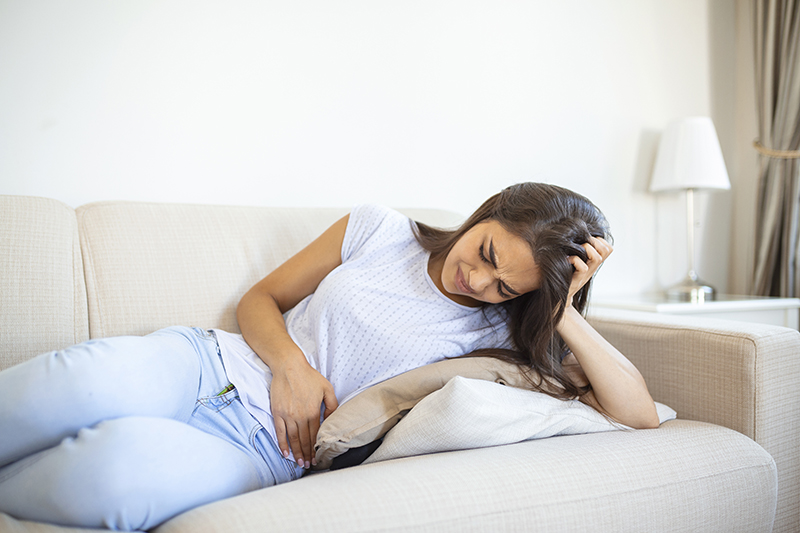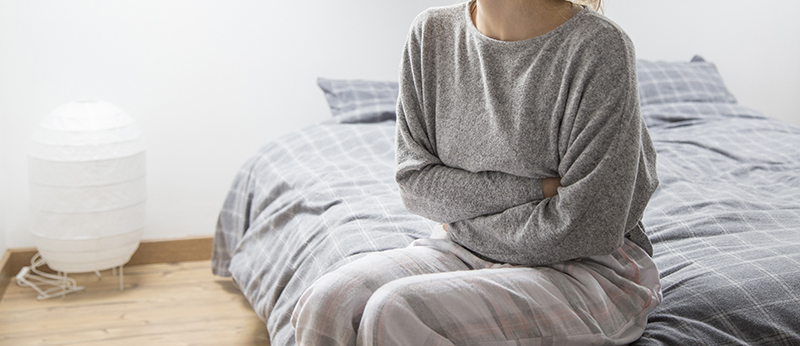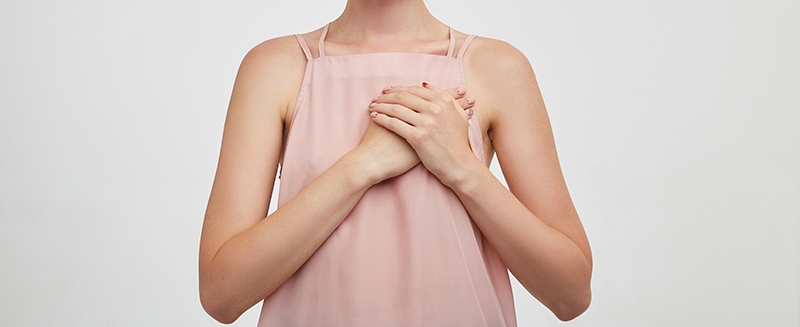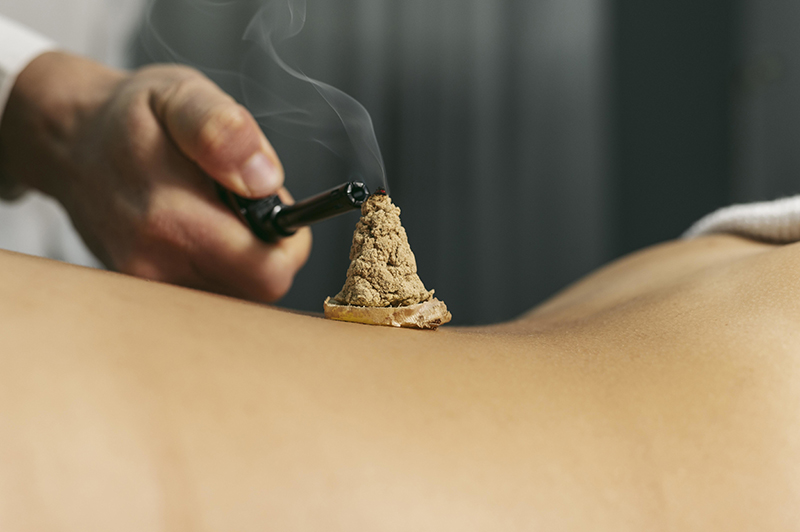TCM: A Holistic Approach to Women’s Health

Traditional Chinese Medicine (TCM) has a fascinating history that spans thousands of years and continues to be a thriving practice today. From herbal medicine to acupuncture, TCM offers a unique approach to healthcare and has been widely used in treating various gynaecological conditions.
While western medicine often emphasises the use of medication or surgery to treat symptoms, TCM focuses on restoring the balance and flow of Qi (vital energy) to promote our overall well-being. Read on to find out how TCM can help to address women’s health issues.
Menstrual Disorders
If you constantly suffer from period cramps and heavy, irregular, or absent cycles, you are not alone. These are common menstrual disorders that many women struggle with.
TCM believes menstrual disorders are caused by imbalances in the body’s vital energy, known as Qi, and the flow of blood. These imbalances can be caused by factors such as emotional stress, improper diet, excessive physical strain, and environmental influences. To restore balance, acupuncture is commonly used to stimulate the body’s energy pathways and promote smooth flow of Qi and blood. The restoration of blood flow and energy circulation effectively regulates our hormones and reduces inflammation.
Moxibustion and Chinese herbs such as Dang Gui (also known as female ginseng) and ginger, are also often used alongside acupuncture to nourish specific organ systems and correct imbalances.

Fertility Issues
Approximately 15 per cent of couples face fertility issues in Singapore, and female infertility accounts for about 39 per cent of these cases. If you are hoping to start a family, you may have considered turning to acupuncture to boost your fertility.
During fertility treatment, acupuncture plays a significant role by helping to enhance blood flow to the reproductive organs, regulate hormone levels, reduce stress, enhance egg quality, and support implantation, all of which are believed to improve the chances of conceiving. Acupuncture may also be used as a complementary therapy for couples undergoing in vitro fertilisation (IVF) or intrauterine insemination (IUI) to improve the success rates of these treatments.
Besides acupuncture, herbal medicine can also help to regulate menstrual cycles and support the ovarian function to enhance fertility. Some commonly used herbs to aid in fertility include Dang Gui, ginseng, red clover, and cinnamon.

Menopause
Menopause is a natural transition for every woman as she enters her silver years. The symptoms that accompany this phase such as hot flashes, night sweats, mood swings, and insomnia can be unpleasant.
TCM offers a range of natural remedies to manage and relieve these menopausal symptoms. Acupuncture, which is one of the key therapies, can help balance hormones and improve energy circulation in the body. Chinese herbal medicine, such as black cohosh, Dang Gui, and Bai Shao, work complementarily with acupuncture to relieve menopausal symptoms.

Breast Health
Breast cancer is the most common cancer among women in Singapore. For patients undergoing chemotherapy, TCM treatments such as acupuncture can be beneficial in alleviating side effects such as fatigue, nausea, and pain.
TCM practitioners may also tailor individual treatment plans to address the specific needs and concerns of patients. Herbs, such as astragalus and turmeric, work harmoniously with acupuncture to reduce inflammation of breast tissues, which may potentially reduce the risk of breast cancer.
While TCM is not meant to be a substitute for conventional medical treatments, it works well as a complementary treatment for fighting against breast cancer. If you have concerns about your breast health, do speak with a healthcare provider about incorporating TCM into your overall healthcare plan.

Mental Well-being
The challenges of dealing with stress, anxiety, and depression are familiar to many. In TCM, it is believed that these negative emotions affect the flow of Qi in the body, which can have a detrimental effect on our overall health.
Acupuncture may be used as part of a stress management treatment to stimulate the nervous system and release endorphins to help with pain relief and mood regulation. Herbs such as Jujube seed and Bupleurum root, have natural calming effects that are also effective in reducing stress and anxiety.

TCM recognises that addressing the root cause of health issues is key to promoting one's overall well-being. By fostering balance and harmony from within, the holistic approach of TCM empowers women to feel their best both physically and emotionally.
What is the Difference Between Cupping and Moxibustion?
Cupping (拔罐) is a technique of creating suction on the skin’s surface by placing cups on specific points or areas of your body. This helps to boost blood circulation and relieve muscle tension. It is commonly used for relieving back and neck pain, muscle stiffness, migraine, and more.
Moxibustion (灸) involves burning small amounts of dried mugwort herb (Artemisia vulgaris) near specific acupoints without directly touching the skin. This technique allows heat to penetrate the skin and stimulate the point and is commonly used to treat conditions related to ‘cold’ or dampness, such as menstrual cramps, digestive disorders, and respiratory issues.

Learn more about TCM and how it can help you with your health needs here.
This article is reviewed by:
Ms Tay Jia Yin, TCM Physician, Raffles Chinese Medicine




















